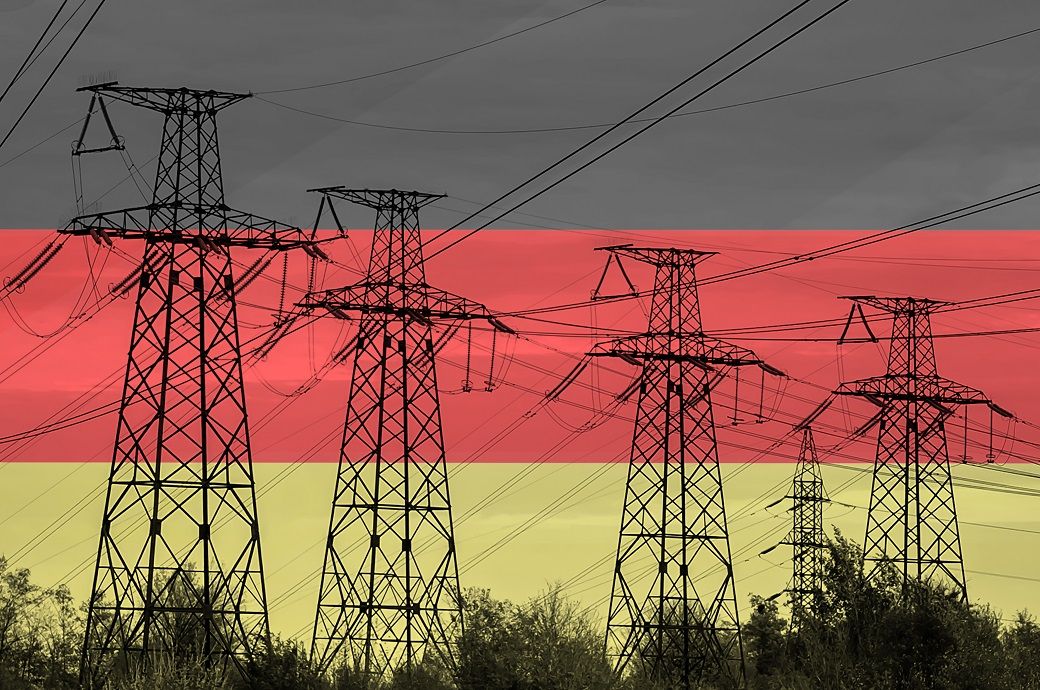
Manufacturing output on the other hand was little-changed, following a marginal increase in February. Better material availability helped support production levels in some cases, with latest data showing a fresh record improvement in supplier delivery times, although this was almost entirely offset by a sustained downturn in new orders that led others to scale back output, S&P Global said in a press release.
Overall inflows of new work across the private sector were broadly unchanged in March. A steep and slightly accelerated fall in factory order books was counterbalanced by a sustained upswing in new business received by services firms, who reported a growing number of enquiries, including from international clients.
Backlogs of work fell for an eighth successive month in March. Once again, underlying data revealed contrasting trends at the sector level, with a marked reduction in manufacturing outstanding business. There remained a broad-based preference for higher workforce numbers in March.
Turning to prices, March’s flash data showed the rate of inflation in charges for goods and services still running well above its historical series average, but eased further from the highs in 2022 to a near two-year low.
Factory gate charge inflation exhibited a comparatively weaker trend, dropping to its lowest since January 2021. In manufacturing, softer raw material and energy prices led to a sharp drop in overall input costs—the most marked since May 2020.
The drop in manufacturing purchasing costs owed partly to the rebalancing of supply and demand for materials, as falling order books and easing supply bottlenecks led goods producers to cut back their buying levels and reduce holdings of inputs. Lower stocks of purchases contributed to another sub-50 reading in the Germany manufacturing PMI in March. The index in fact fell from 46.3 in February to 44.4, its lowest since May 2020. This was driven predominantly by the supplier delivery times component, which, due to being inverted in the calculation of the PMI, imparted a deeply negative directional influence as it surged to a new record high.
Lastly, March’s flash survey indicated a slight weakening of overall business expectations. The result reflected reduced optimism among manufacturers, who continued to highlight concerns about falling demand.
Commenting on the flash PMI data, Phil Smith, economics associate director at S&P Global Market Intelligence, said: “The German economy took another small step in the right direction in March, according to latest flash PMI data. Business activity increased for a second straight month and the rate of growth picked up, although it remained only modest overall due to continued weakness in manufacturing.
“The manufacturing sector lacks momentum right now, with new orders remaining in decline amid a period of caution among clients and excess inventory levels. Unsurprisingly, growth expectations in the sector remain low.”
ALCHEMPro News Desk (NB)
Receive daily prices and market insights straight to your inbox. Subscribe to AlchemPro Weekly!